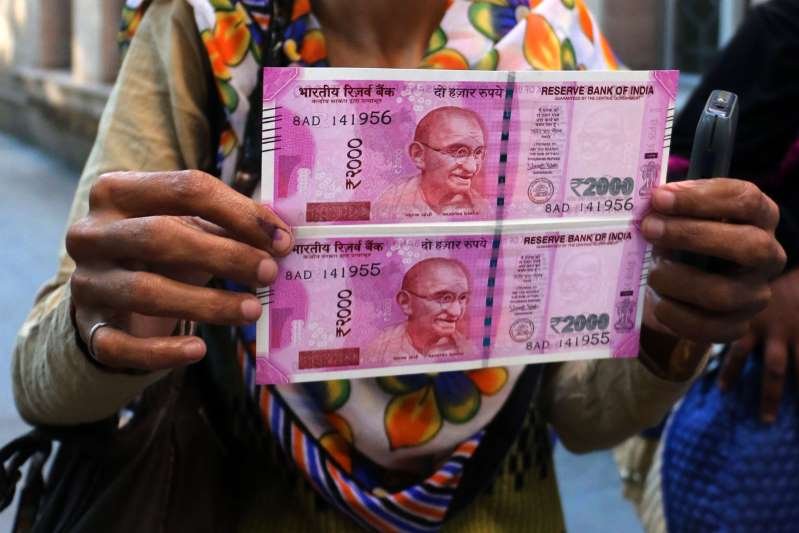Money
What you should do if you have missed the 31 March ITR deadline
The final deadline for filing income tax return (ITR) for 2017-18 was 31 March 2019. But what if you missed that deadline too?
If you were liable to file ITR for FY18, the ordinary deadline for most individual taxpayers was 31 July 2018, which was extended to 31 August 2018. After this, a penalty was applicable. For filing late ITR by 31 December 2018, the penalty was ₹5,000; for filing between 31 December and 31 March, the penalty was ₹10,000. Also, simple interest at 1% on due tax for each month of delay was payable.
What happens next
Taxpayers who have missed the last deadline will continue to be liable to pay tax along with interest and penalty. They will also be liable to be prosecuted under Section 276CC of the Income-tax Act, 1961, for wilful failure to file ITR. Under the section, you could be imprisoned for two months to two years if the amount of tax due is up to ₹25 lakh. If the amount of tax due is greater than ₹25 lakh, the sentence can be six months to seven years.
What to do
According to Vikas Dahiya, chief executive officer and founder, All India ITR, a tax filing portal, “The income-tax department may send them (individuals who miss the 31 March deadline) a notice which can be found on the assessee’s compliance portal after they log in to the income tax website. Any individual who has received such a notice can file ITR in response to the notice. Such notices may also be sent to the assessee on their registered email address.”
Waiting for a notice may not mitigate one’s liability and a tax demand can be followed up with a prosecution notice. Prakash Hegde, a Bengaluru-based chartered accountant, said, “Assessees can take certain steps to mitigate their tax liability. If tax is payable, they should pay it along with interest and late fees for the assessment year in question. Further a letter to the assessing officer explaining the reason for the delay should be submitted. In case refund is due or losses have to be carried forward, there is a procedure to file condonation of delay up to six years with the commissioner or principal commissioner or Central Board of Direct Taxes (CBDT) depending on the amount of refund or carry forward of losses.”
In other words, taxpayers should pay up the due tax along with interest and penalty applicable and send a letter explaining the reason for delay to their assessing officer. This can mitigate their liability if penalty or prosecution proceedings are launched against them.
-
Health2 days ago
Is Drinking Cold Water Bad for Your Health? Understand the Benefits and Risks
-
Money3 weeks ago
Oswal Pumps IPO: Date, Price, GMP, Allotment & Full Review
-
Money2 weeks ago
How to File ITR Online Without a CA in 2025 – Step-by-Step Guide
-
Cryptocurrency2 weeks ago
Why You Should Never Buy Celebrity Memecoins | Crypto Scams Explained
-
Beauty5 days ago
Real Reason Behind Dark Underarms: Health Warning Signs, Not Just a Beauty Concern
-
Money3 weeks ago
HDB Financial IPO 2025: Dates, Price, Review & Allotment Details
-
How to6 days ago
Transform Your Photos into Stunning Studio-Style AI Portraits with ChatGPT in 3 Simple Steps
-
Technology2 weeks ago
10 Best AI Code Generators in 2025 (Free & Paid Tools Reviewed)

























